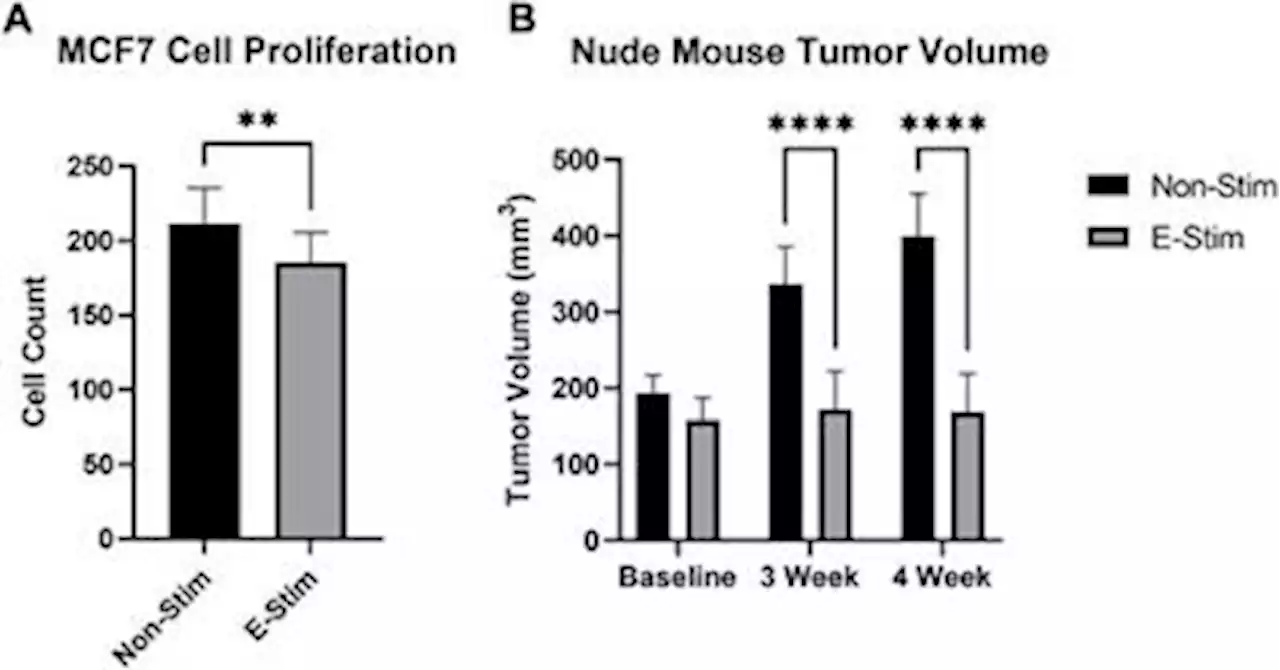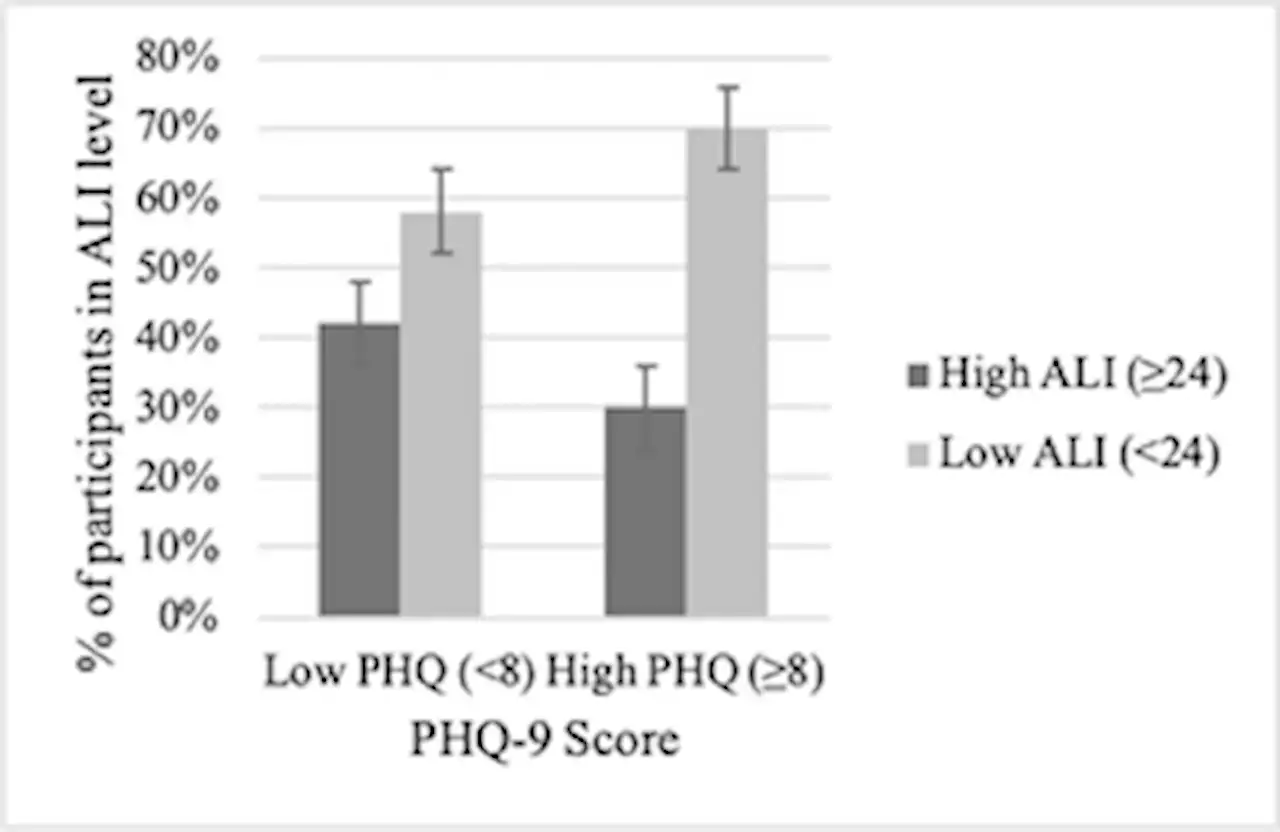Breast Cancer Now launch unique drama series by DredieMann IWD2023 InternationalWomenDay
Leading charity, Breast Cancer Now, launched a new campaign this week to help open up conversations around breast cancer through ‘The Chat’, a weekly drama which allows viewers to become flies-on-the-wall of a group chat between four women as they navigate an unexpected breast cancer diagnosis together.
The series offers an honest and candid portrayal of breast cancer experiences, as research reveals that more than two thirds of women in Britain agree that society needs to further open up conversations around body image and sense of identity when it comes to breast cancer. Ayola said: “A drama series promoting breast cancer awareness that plays out via group messaging is an inspired idea which made it easy for me to accept the request to be involved.”
“By delivering the drama in such an accessible way we feel able to educate and encourage others to take control of their health and seek early detection.” “I believe that by sharing real-life experiences, we can help to educate others on the importance of early detection and treatment.
United Kingdom Latest News, United Kingdom Headlines
Similar News:You can also read news stories similar to this one that we have collected from other news sources.
 Frontiers | Myokines derived from contracting skeletal muscle suppress anabolism in MCF7 breast cancer cells by inhibiting mTORThere is strong evidence that physical activity has a profound protective effect against multiple types of cancer. Here, we show that this effect may be mediated by factors released from skeletal muscle during simulated exercise, in situ, which suppress canonical anabolic signaling in breast cancer. We report attenuated growth of MCF7 breast cancer cells in the presence of a rodent-derived exercise conditioned perfusate, independent of prior exercise training. This reduction was concomitant with increased levels of DEPTOR protein and reduced mTOR activity.
Frontiers | Myokines derived from contracting skeletal muscle suppress anabolism in MCF7 breast cancer cells by inhibiting mTORThere is strong evidence that physical activity has a profound protective effect against multiple types of cancer. Here, we show that this effect may be mediated by factors released from skeletal muscle during simulated exercise, in situ, which suppress canonical anabolic signaling in breast cancer. We report attenuated growth of MCF7 breast cancer cells in the presence of a rodent-derived exercise conditioned perfusate, independent of prior exercise training. This reduction was concomitant with increased levels of DEPTOR protein and reduced mTOR activity.
Read more »
 Reprogramming Cancer into Antigen Presenting Cells as a Novel ImmunotherapyAbstract. Therapeutic cancer vaccination seeks to elicit activation of tumor-reactive T cells capable of recognizing tumor-associated antigens (TAAs) and eradicating malignant cells. Here, we present a cancer vaccination approach utilizing myeloid lineage reprogramming to directly convert cancer cells into tumor reprogrammed-antigen presenting cells (TR-APCs). Using syngeneic murine leukemia models, we demonstrate that TR-APCs acquire both myeloid phenotype and function, process and present endogenous TAAs, and potently stimulate TAA-specific CD4+ and CD8+ T cells. In vivo TR-APC induction elicits clonal expansion of cancer-specific T cells, establishes cancer-specific immune memory, and ultimately promotes leukemia eradication. We further show that both hematologic cancers and solid tumors, including sarcomas and carcinomas, are amenable to myeloid-lineage reprogramming into TR-APCs. Finally, we demonstrate the clinical applicability of this approach by generating TR-APCs from primary clinical specimens and stimulating autologous patient-derived T cells. Thus, TR-APCs represent a cancer vaccination therapeutic strategy with broad implications for clinical immuno-oncology.
Reprogramming Cancer into Antigen Presenting Cells as a Novel ImmunotherapyAbstract. Therapeutic cancer vaccination seeks to elicit activation of tumor-reactive T cells capable of recognizing tumor-associated antigens (TAAs) and eradicating malignant cells. Here, we present a cancer vaccination approach utilizing myeloid lineage reprogramming to directly convert cancer cells into tumor reprogrammed-antigen presenting cells (TR-APCs). Using syngeneic murine leukemia models, we demonstrate that TR-APCs acquire both myeloid phenotype and function, process and present endogenous TAAs, and potently stimulate TAA-specific CD4+ and CD8+ T cells. In vivo TR-APC induction elicits clonal expansion of cancer-specific T cells, establishes cancer-specific immune memory, and ultimately promotes leukemia eradication. We further show that both hematologic cancers and solid tumors, including sarcomas and carcinomas, are amenable to myeloid-lineage reprogramming into TR-APCs. Finally, we demonstrate the clinical applicability of this approach by generating TR-APCs from primary clinical specimens and stimulating autologous patient-derived T cells. Thus, TR-APCs represent a cancer vaccination therapeutic strategy with broad implications for clinical immuno-oncology.
Read more »
 BAFTA-winning Northern Irish short film to air on BBC ahead of OscarsIt is one of five films in the running for 'Best Live Action Short' at this year's awards
BAFTA-winning Northern Irish short film to air on BBC ahead of OscarsIt is one of five films in the running for 'Best Live Action Short' at this year's awards
Read more »
 Scots cancer survivor spotted symptoms after being struck by branch on hillwalkElaine Henderson, from Carluke, first noticed there was something not right after an injury to her chest when a tree branch hit her while hillwalking.
Scots cancer survivor spotted symptoms after being struck by branch on hillwalkElaine Henderson, from Carluke, first noticed there was something not right after an injury to her chest when a tree branch hit her while hillwalking.
Read more »
 Depression in association with neutrophil-to-lymphocyte, platelet-to-lymphocyte, and advanced lung cancer inflammation index biomarkers predicting lung cancer survivalLung cancer is a product of inflammation and a dysfunctional immune system, and depression has similar dysregulation. Depression disproportionately affects lung cancer patients, having the highest rates of all cancers. Systemic inflammation and depression are both predictive of non-small cell lung cancer (NSCLC) survival, but the existence and extent of any co-occurrence is unknown. Studied is the association between systemic inflammation ratio (SIR) biomarker levels and patients’ depressive symptoms, with the hypothesis that depression severity would be significantly associated with prognostically poor inflammation. Newly diagnosed stage-IV non-small cell lung cancer (NSCLC; N=186) patients were enrolled (ClinicalTrials.gov Identifier: NCT03199651) and blood draws and depression self-reports (Patient Health Questionnaire-9) were obtained. For SIRs, cell counts of neutrophils (N), lymphocytes (L), and platelets (P) were abstracted for ratio (R) calculations for NLR, PLR, and the Advanced Lung cancer Inflammation Index (ALI). Patients were followed and biomarkers were tested as predictors of 2-year overall survival (OS) to confirm their relevance. Next, multivariate linear regressions tested associations of depression with NLR, PLR, and ALI. Overall 2-year mortality was 61% (113/186). Cox model analyses confirmed higher NLR [hazard ratio (HR)=1.91; p=0.001] and PLR (HR=2.08; p|0.001), along with lower ALI (HR=0.53; p=0.005), to be predictive of worse OS. Adjusting for covariates, depression was reliably associated with biomarker levels (p ≤ 0.02). Patients with moderate/severe depressive symptoms were 2 to 3 times more likely to have prognostically poor biomarker levels. Novel data show patients’ depressive symptoms were reliably associated with lung-relevant systemic inflammation biomarkers, all assessed at diagnosis/pretreatment. The same SIRs were found prognostic for patients’ 2-year OS. Intensive study of depression, combined with measures of cell biology and in
Depression in association with neutrophil-to-lymphocyte, platelet-to-lymphocyte, and advanced lung cancer inflammation index biomarkers predicting lung cancer survivalLung cancer is a product of inflammation and a dysfunctional immune system, and depression has similar dysregulation. Depression disproportionately affects lung cancer patients, having the highest rates of all cancers. Systemic inflammation and depression are both predictive of non-small cell lung cancer (NSCLC) survival, but the existence and extent of any co-occurrence is unknown. Studied is the association between systemic inflammation ratio (SIR) biomarker levels and patients’ depressive symptoms, with the hypothesis that depression severity would be significantly associated with prognostically poor inflammation. Newly diagnosed stage-IV non-small cell lung cancer (NSCLC; N=186) patients were enrolled (ClinicalTrials.gov Identifier: NCT03199651) and blood draws and depression self-reports (Patient Health Questionnaire-9) were obtained. For SIRs, cell counts of neutrophils (N), lymphocytes (L), and platelets (P) were abstracted for ratio (R) calculations for NLR, PLR, and the Advanced Lung cancer Inflammation Index (ALI). Patients were followed and biomarkers were tested as predictors of 2-year overall survival (OS) to confirm their relevance. Next, multivariate linear regressions tested associations of depression with NLR, PLR, and ALI. Overall 2-year mortality was 61% (113/186). Cox model analyses confirmed higher NLR [hazard ratio (HR)=1.91; p=0.001] and PLR (HR=2.08; p|0.001), along with lower ALI (HR=0.53; p=0.005), to be predictive of worse OS. Adjusting for covariates, depression was reliably associated with biomarker levels (p ≤ 0.02). Patients with moderate/severe depressive symptoms were 2 to 3 times more likely to have prognostically poor biomarker levels. Novel data show patients’ depressive symptoms were reliably associated with lung-relevant systemic inflammation biomarkers, all assessed at diagnosis/pretreatment. The same SIRs were found prognostic for patients’ 2-year OS. Intensive study of depression, combined with measures of cell biology and in
Read more »
